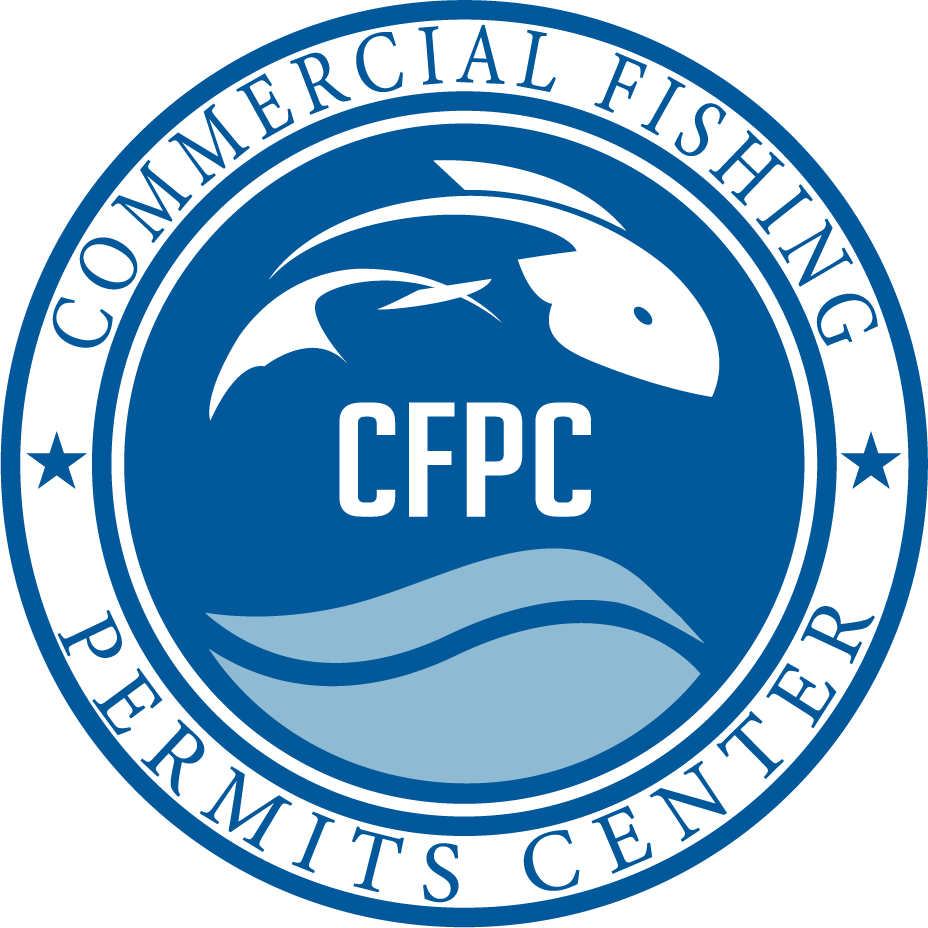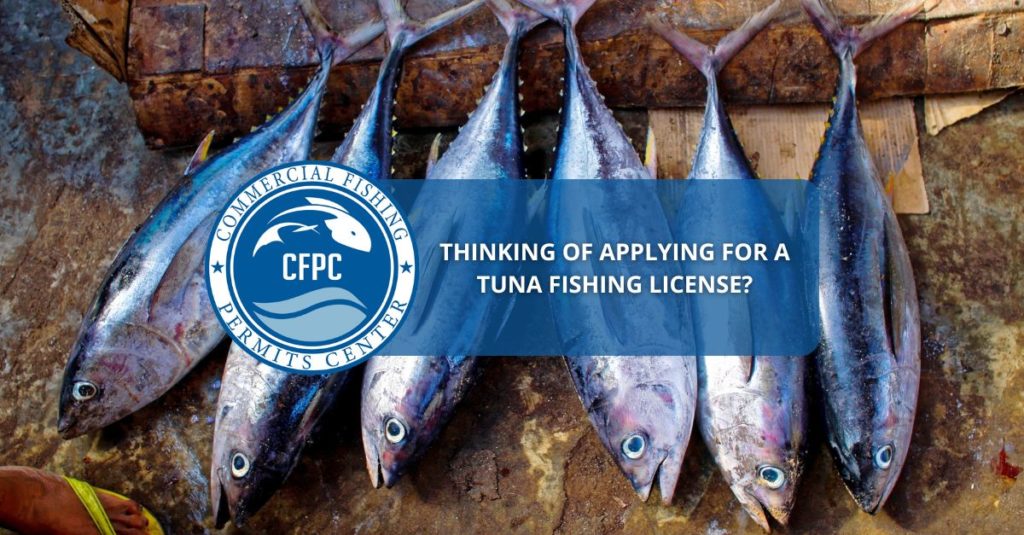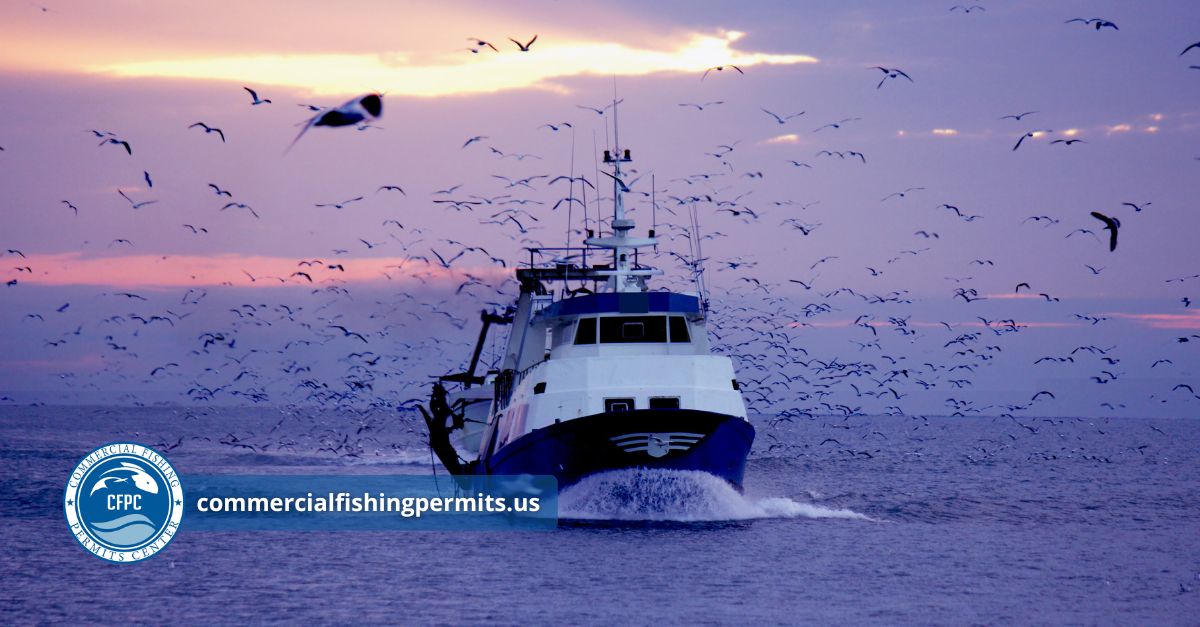Tuna happens to be one of the most lucrative and important fish species in the United States. Its value comes from its abundance and also its popularity as a food source around the world. Because of this, there is a strict set of guidelines that commercial fishermen must adhere to when they fish for tuna. For that reason, if you are planning to apply for a tuna fishing license, you need to read this guide first.
Why is a Tuna Permit Necessary?
It’s absolutely required that any commercial fisherman catching tuna must have a federal permit to do so. If you don’t have such a permit, you cannot legally fish in the Exclusive Economic Zone, which extends from three to two hundred miles out into the ocean. These permits are issued by the National Oceanic and Atmospheric Association as a way to control the tuna population and to keep track of the numbers of tuna that are caught so quotas aren’t exceeded.
Restrictions on Tuna Fishing
In addition to having a valid tuna fishing license, you also need to be aware of where you can fish for tuna. If you are caught illegally fishing for tuna, you will face hefty penalties and fines. You will need to register your fishing trip and then fill out the paperwork to report what you catch. This report should contain the date, location, time, and coordinates, as well as the number of tuna caught and lost during your trip.
Catch Restrictions
During any given calendar year, you are restricted to the number of tuna you can catch and take home to sell. The annual limit may vary from year to year, depending on the current population, but no matter what that quantity is, you will be fined if you catch more during the allotted year.
Kinds of Fishing Licenses
A variety of fishing permits exist for a variety of purposes. You will definitely need a federally granted tuna fishing permit, but you may also need others. This depends on the state you reside in and whether you fish in other areas or for other species. Be sure that you have all necessary permits before you hit the water to ensure that you are conducting your commercial tuna fishing business in a legal way.
Why It’s Important to Follow Fishing Rules
Fishing restrictions are in place to protect the species, but also the environment. Limits also ensure that all those involved in fishing commerce are protected financially as it helps prevent overfishing and loss of the species. It’s vital to follow all fishing restrictions for the best outcome. Failure to do so can result in loss of your permit, as well as expensive fines and penalties. It’s best to be familiar with the guidelines before you take your boat out so that you can be sure you are following all of the rules.
Do you want to know more about getting a tuna fishing license? Contact the Commercial Fishing Permits Center today for answers to all of your questions, as well as for help applying for your license to commercially fish for tuna.



No Comments
Be the first to start a conversation